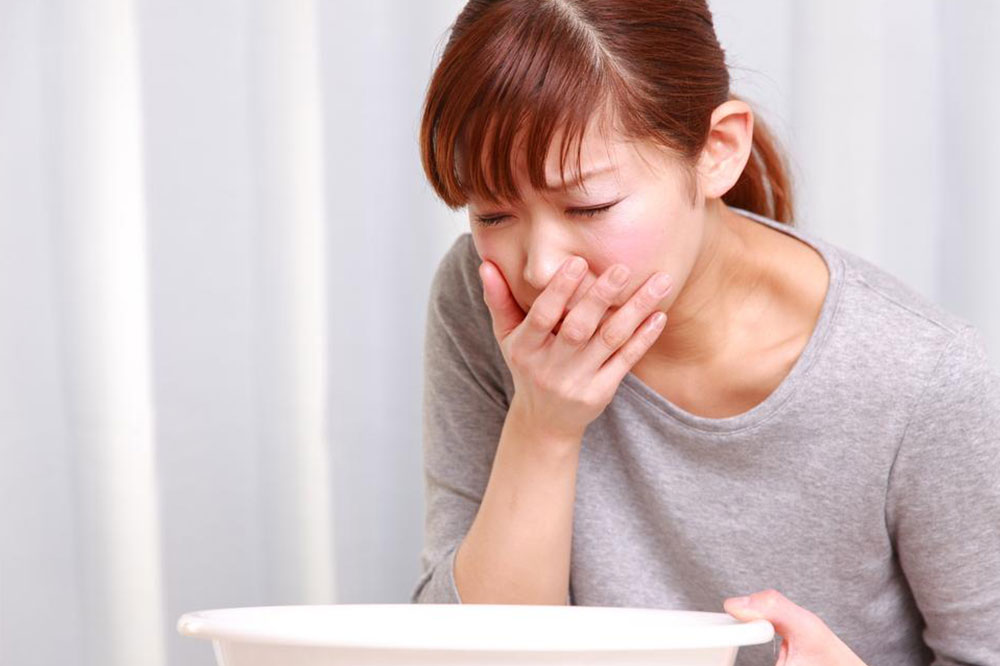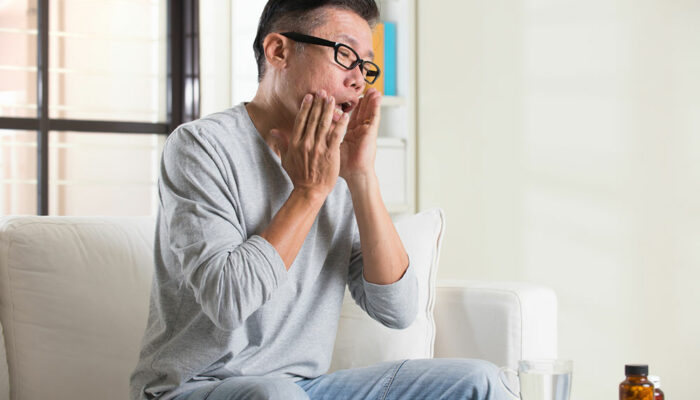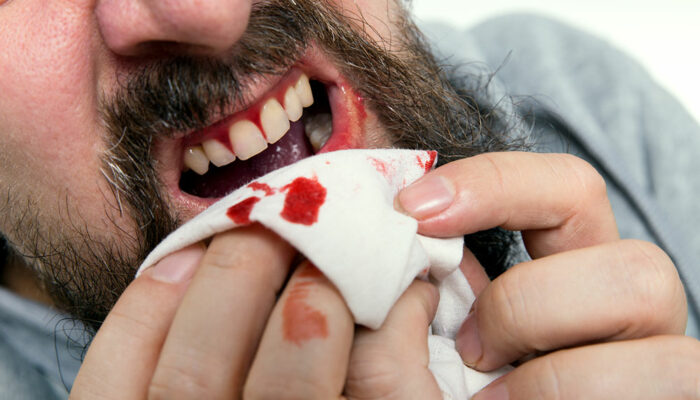
Breast Cancer Treatments and Managing Side Effects
In the last few years, there has been a surge in common treatments for breast cancer and this has obviously ushered hope for patients diagnosed with this medical condition. Rather than having to choose from only a couple of options, patients can now choose from a variety of options. However, each of these treatments is known to trigger possible side-effects.
Breast cancer side effects are ailments or symptoms that result because of the treatments for the cancer. These common treatments for breast cancer include surgery, hormonal therapies, targetted therapy, chemotherapy, and radiation therapy. The long-term side effects typically start when the treatment begins and continue even after it is over. Some side effects refer to symptoms that are likely to appear months or even years post-treatment.
Common treatments for breast cancer
Radiation and chemotherapy are performed to destroy all cancerous cells in the breast and surrounding tissues. However, the treatments may affect healthy cells in the process, and this changes how one feels. For instance, nausea and vomiting, fatigue, loss of appetite, weight gain, early menopause, mouth sores, diarrhea, bleeding, and greater risks of infections are the most common side effects. One can try out therapy and medications prescribed by doctors to alleviate these symptoms.
Managing side effects
- Loss of appetite
One can eat small meals multiple times in a day to make sure that their body gets the nourishment that it needs. It is advisable to consume good portions of food when one is hungry. Drinking beverages or water before meals helps to ensure that one does not feel too full after the meal. Moderate exercises may help to increase appetite. - Vomiting and nausea
Some patients experience nausea during the treatment or a few days after the treatment has been completed. If one experiences this, it is essential to go to a doctor. One can try to eat small meals frequently and cut down on citrus and greasy foods. Instead of eating piping hot or cold meals, one must eat food that is warm. It is best to consume foods that do not contain high amounts of spice, salt, or sugar. - Weakness/fatigue
This is a very common side effect and may result not only because of the effects of treatment on the body but also because of stress. One needs to rest and go for short walks to energize themselves. One should rest they feel tired. This helps to save energy for doing chores that make one happy. Eating iron-rich foods can help because when the body is deficient in red blood cells, it is possible to be diagnosed with anemia. - Mouth sores
One can consult their doctor so that the doctor can recommend medications to soothe the sores. It is advisable to eat foods that are not hard to chew. Cheese and macaroni, scrambled eggs, cooked veggies, etc., are some foods that one can consume. Citrus fruits, salty, and spicy foods are best avoided. - Hair loss
This does not happen to every patient and depends on the dosage of chemotherapy that is given. The doctor will warn the patient if hair loss is a possibility. Some women prepare to deal with this by cutting their hair short before starting chemotherapy. One can also choose to sport hair wigs and turbans. Once the hair does grow back, it might be differently textured. - Weight gain
This may happen because of a lack of exercise, medicines, depression, and hormonal changes. One can start a diet to control this. However, it is important to eat a balanced diet. - Risks of infections
Radiation and chemo will destroy white blood cells that fight infection. So, it is best to avoid crowds right after one’s chemotherapy. If one falls sick for some reason, they should call their doctor immediately.



